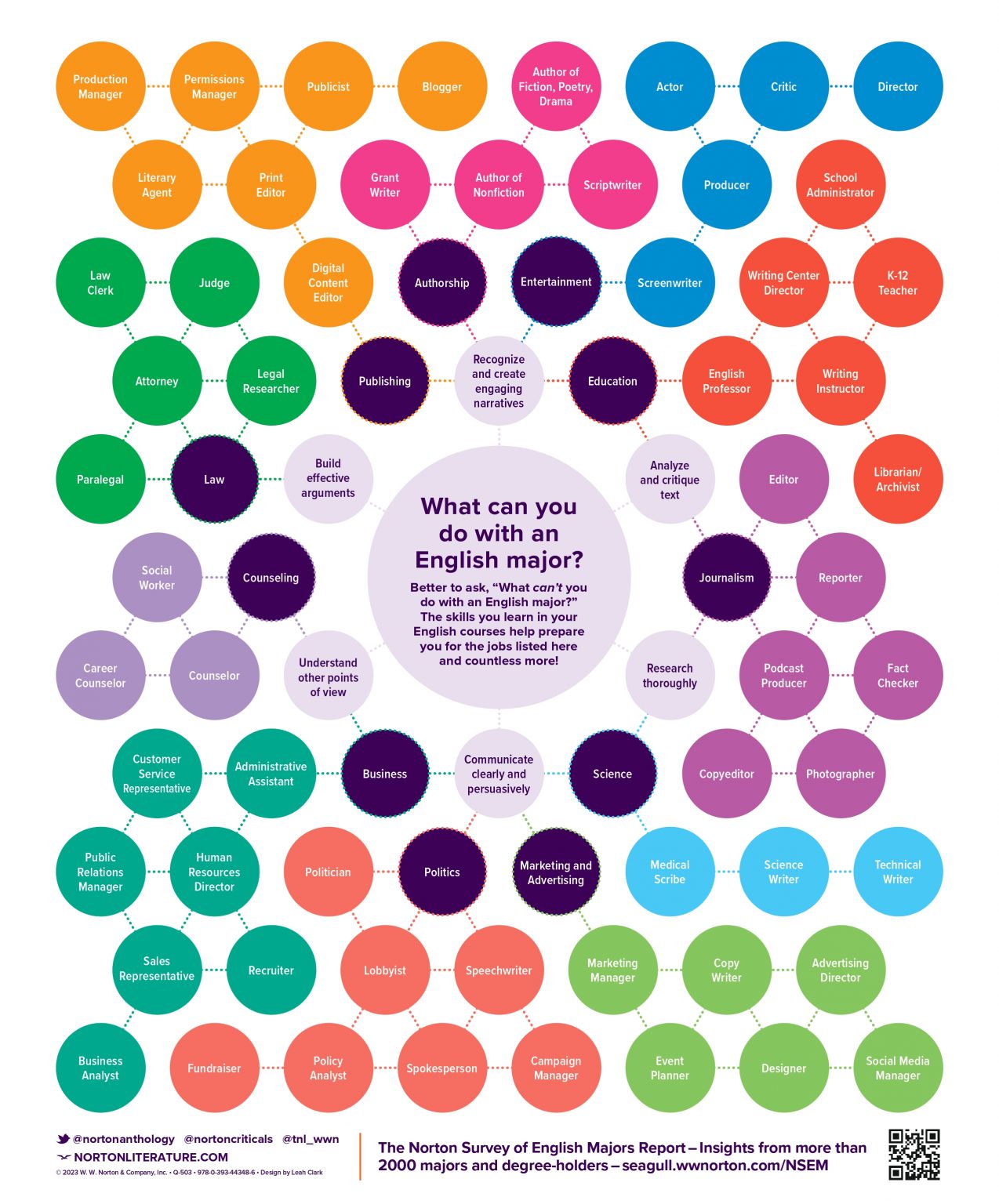English Literature at Freiburg University
Why study English Literature?
Scroll down to discover some good reasons for studying English and Medieval literature!

Empathy. Learn to read others’ stories, become fascinated by their life narratives and enjoy the emotional bond which literature creates between strangers. Immerse yourself in the life experiences of others and learn to appreciate those who may seem different but can turn out to be surprisingly similar.

Novelty. Perhaps not something one would typically associate with the study of past literatures and cultures. However, a knowledge of literary heritage is deeply connected to the potential for developing innovative and exceptional ways of thinking.

Gratification. If your hobby has always been reading and writing, a literature degree is the definitive choice for you! It will give you the opportunity to turn your passion into your career, ensuring that you will be able to do what you love most.

Life-long learning. The study of literature has a starting point but no end point. Studying English literatures will provide you with the tools you need to access texts throughout your life. Even if you pursue a career outside academia or publishing, you will have developed the essential skills to think critically about the written word.

Imagination. Think differently, think creatively, think individually. In a world dominated by short-lived social media trends, literature empowers you to fly on the wings of imagination, helping you forge your own path and become the main character of your own story.

Social and Political Action. Studying literature is not just about spending days at the library, in an isolated ivory tower. Literary art is often subversive; it can be a bold act of resistance against authoritarian regimes.

Horizons. Literature broadens your perspective, allowing you to see beyond temporal and spatial boundaries. Gaining a deeper understanding of different ways of life teaches you that you can be who you want. It fosters flexibility, thus benefiting both your professional and your private life.

Language. Studying literature means becoming a specialist in the written word. Whether analysing the sound quality of a catchy advertisement or interpreting the many layers of a metaphor, you will be equipped with the tools to navigate written texts and understand their peculiarities.

Identification. Enjoy being a chameleon: set your own identity aside for a while and immerse yourself in a fictional character’s experience.

Transformation. Reading is a transformative experience. Allow yourself to be drawn into the narrative or the lyricism of a text: with every literary work we read, we acquire new perspectives that can shift our beliefs and aspirations.

Emotional Resonance. Literature has the power to console or challenge us. The depth of emotion conveyed through a well-crafted poem or narrative can bring out feelings of joy, sadness, anger, or nostalgia.

Relations. In-person or online book clubs, conferences, and workshops provide plenty of opportunities to connect with others from around the world. Studying English literature offers the chance to build meaningful relationships and cultivate long-lasting friendships.

Adventure. The study of literature is a lifelong adventure, filled with endless discoveries. The beauty of fiction lies in its unpredictability; you never quite know where the story will take you next or which landscapes, characters, and ideas are waiting to be explored.

Travelling. Literature offers a way to access other cultures and create a productive dialogue across borders. Whether you are interested in learning about the daily life of a few families in an English country village or wandering through the sublime landscapes of the North Pole, books allow you to explore new places. Furthermore, an English degree provides concrete opportunities for travel; you will have the chance to attend international conferences or participate in research stays at other institutions.

Understanding. Literature allows you to gain a better comprehension of universal themes such as love, loss, or justice. It invites reflection on fundamental truths about the human condition and pushes us to confront complex or abstract ideas. Ultimately, the study of literature allows you to explore the nature of knowledge itself.

Research. An English literature degree is a research-focussed degree, meaning you will be expected to contribute your own independent work to the field. Research skills extend beyond the academic world, however: time management and data analysis, for example, are just two competencies that can be applied to a wide range of career options.

Empowerment. Literature is power: it allows for a vast range of interpretations, thus empowering readers to draw their own conclusions and exercise freedom of thought. Studying literature allows us to acquire critical thinking skills, express our voices and make an impact on the world.
Why Study Medieval Literature?
When the word “medieval” is used in daily speech, it often carries negative connotations: something backward, something belonging to the past and totally unrelated to the present world. This is a great misconception, to say the least. Reading and studying medieval literature opens up a world of surprising images and ideas which are much closer to us than one may think. From the presence of genderqueer saints in hagiographies, through the attention given to the animal world in some of Marie de France’s lays, to questions of race or gender in the popular romances, the medieval world emerges as a dynamic and multifaceted society in ‘screaming colour’. It is no surprise that medievalism – that is, the reception of medieval literature – has been one of the most productive literary forces of all time, still very much alive in the twenty-first century.
The University of Freiburg has a Centre for Medieval Studies (Mittelalterzentrum), which also offers a specific master’s programme in Medieval and Renaissance Studies (MARS). Check out the following page to learn more: https://www.mittelalterzentrum.uni-freiburg.de/zum-studium/. Please note, however, that unlike our MELLIT programme (MA in English Literatures & Literary Theory), the MARS requires knowledge of the German language.
And if you are still unsure about studying English literature, check out the following graph showing the different career options offered to you

* All the images on the page are taken from wikisource and are, therefore, free of copyright. The graph with English Major career options is offered by W. W. Norton & Company, as indicated, and credits belong to the publishing company.